Hi! My name is Josh and this is my blog. I used to share on social media but decided that my fragility was too valuable to subject to algorithims and assholes.
-
Dan Shipper's representation of AI/GPT as a copilot for the mind harkens back to Steve Jobs talking about computers in 1990 as "a bicycle of the mind".
Something that takes us past our inherent abilities.
-
Ansel Adams:
You don't take a photograph, you make it.
-
📷 Early (#mbmar Micro Blog March photo challenge prompt suggested by @krisfredrick) also shared on Pexels.
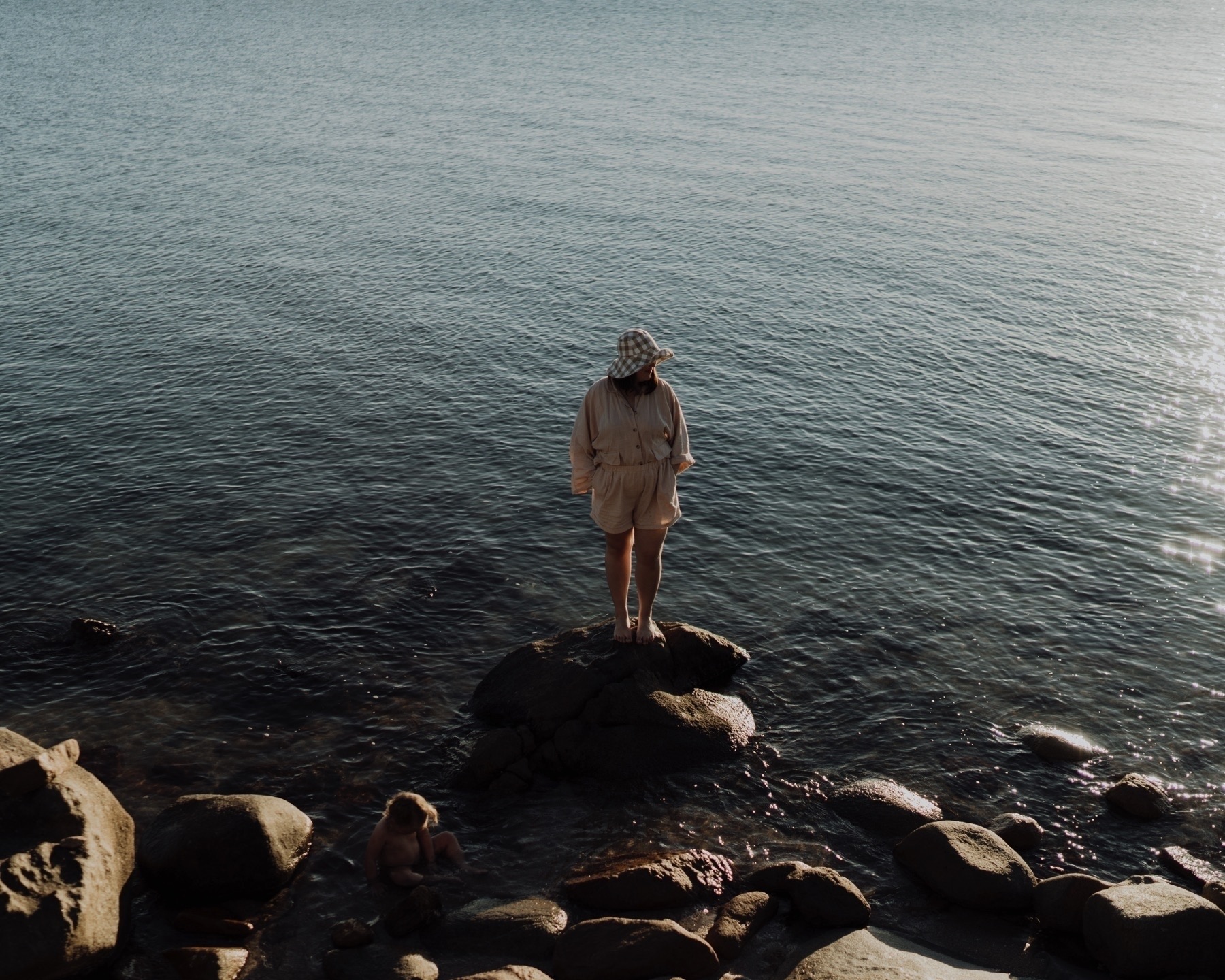
-
Everyone move along, there’s nothing to see here.
The “crack” on Josh’s iPhone screen that has occupied his sad mind for the last two hours was actually the smallest dried strand of egg yolk draped across his screen, hard enough and thin enough to seem like a crack to the untrained mind.
If only you could’ve seen the look on my face as I scratched off the scratch like a miracle healer.
-
A bunch of smart people say we need to learn "‘critical ignoring’ – the ability to choose what to ignore and where to invest our limited attentional capacities."
-
📷 Road (#mbmar Micro Blog March photo challenge prompt suggested by @Dejus)
There’s a saying in Baja that “bad roads bring good people and good roads bring bad people”.
So we keep the ungraded and bumpy dirt roads as an instrument of faith in the neighbours we want.
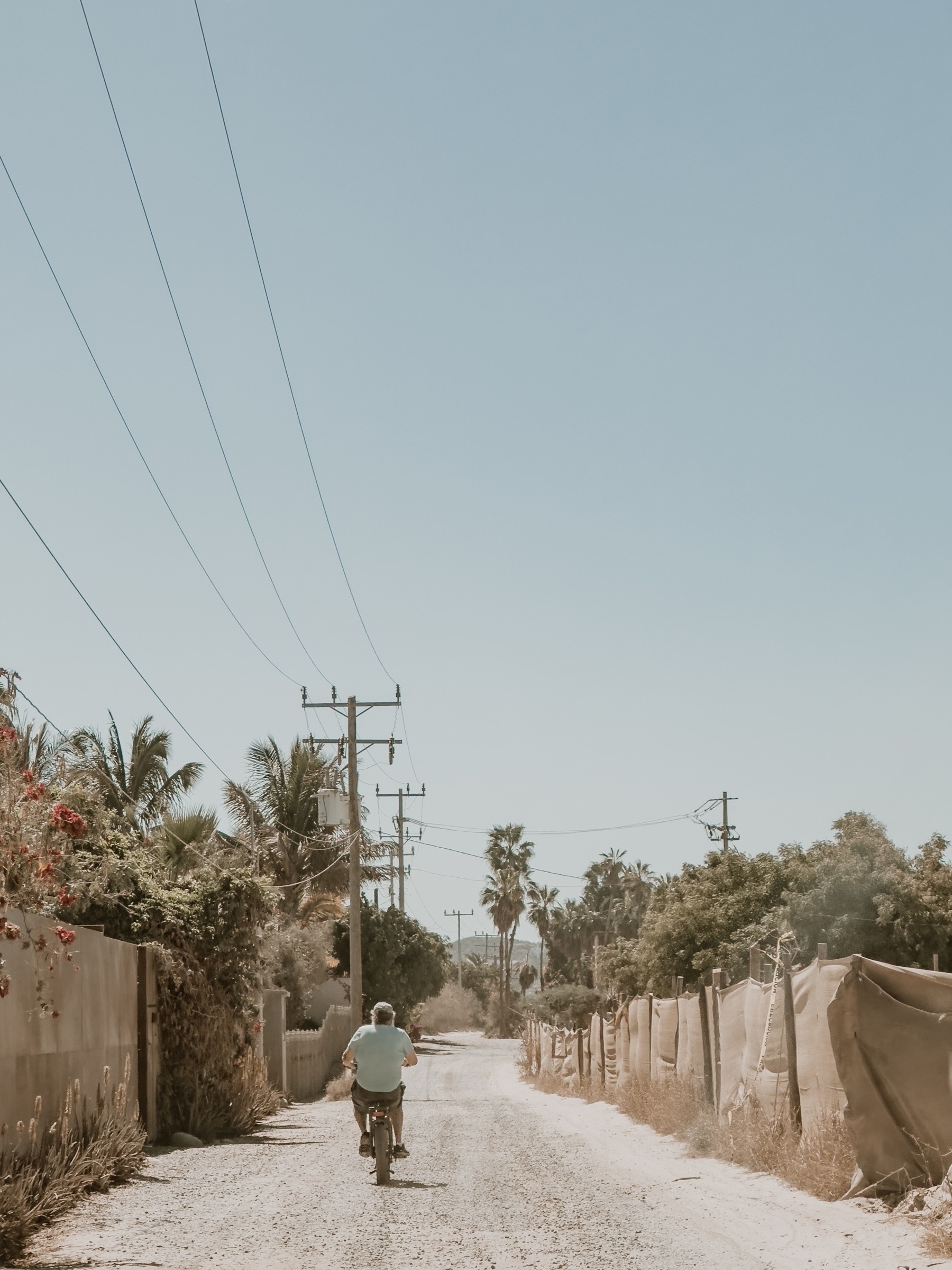
-
Alexander Haymen:
“Home is where people notice when you’re not there.”
-
📷 Patience (#mbmar Micro Blog March photo challenge prompt suggested by @amit)
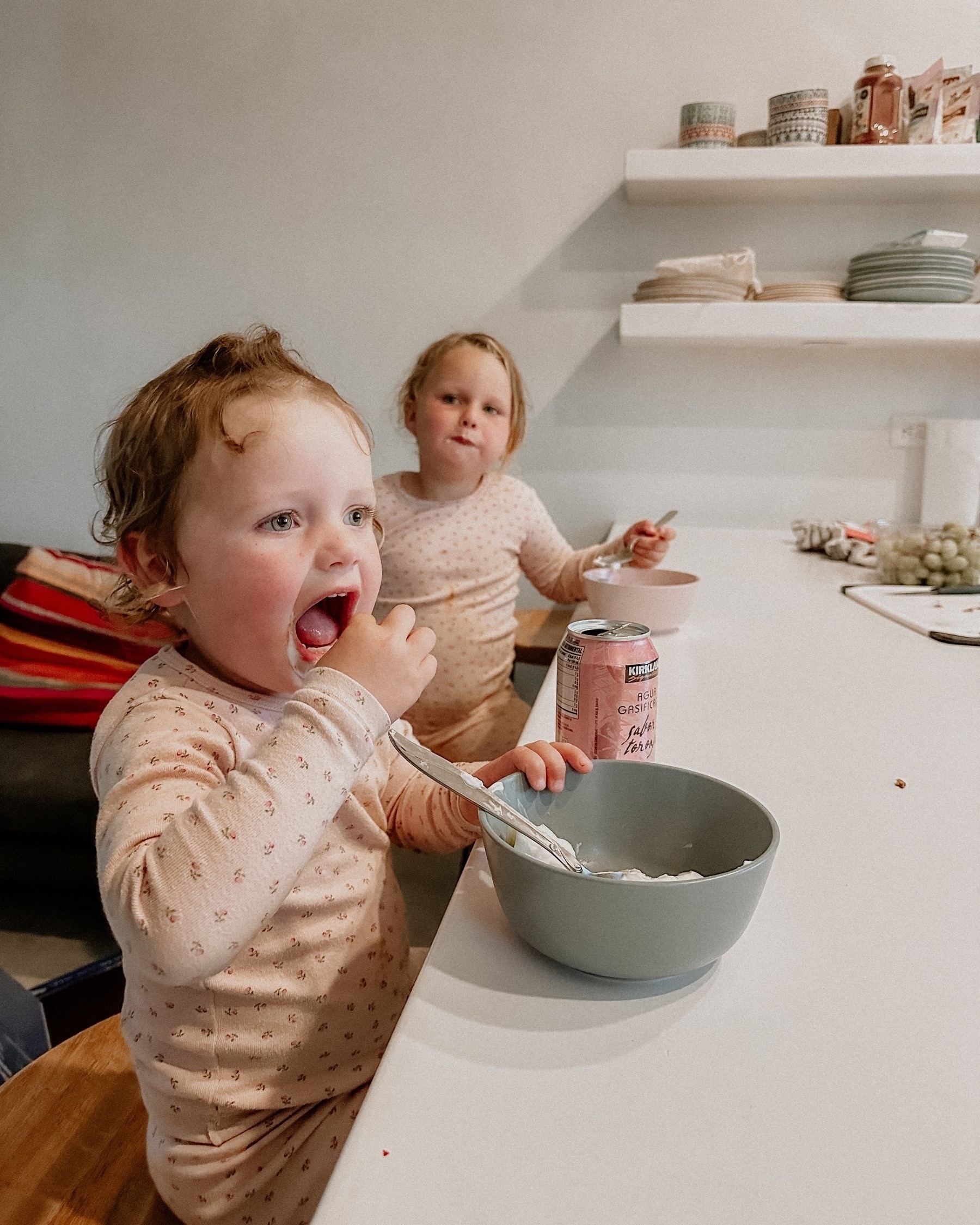
-
📷 Horizon (#mbmar Micro Blog March photo challenge prompt suggested by @crossingthethreshold)
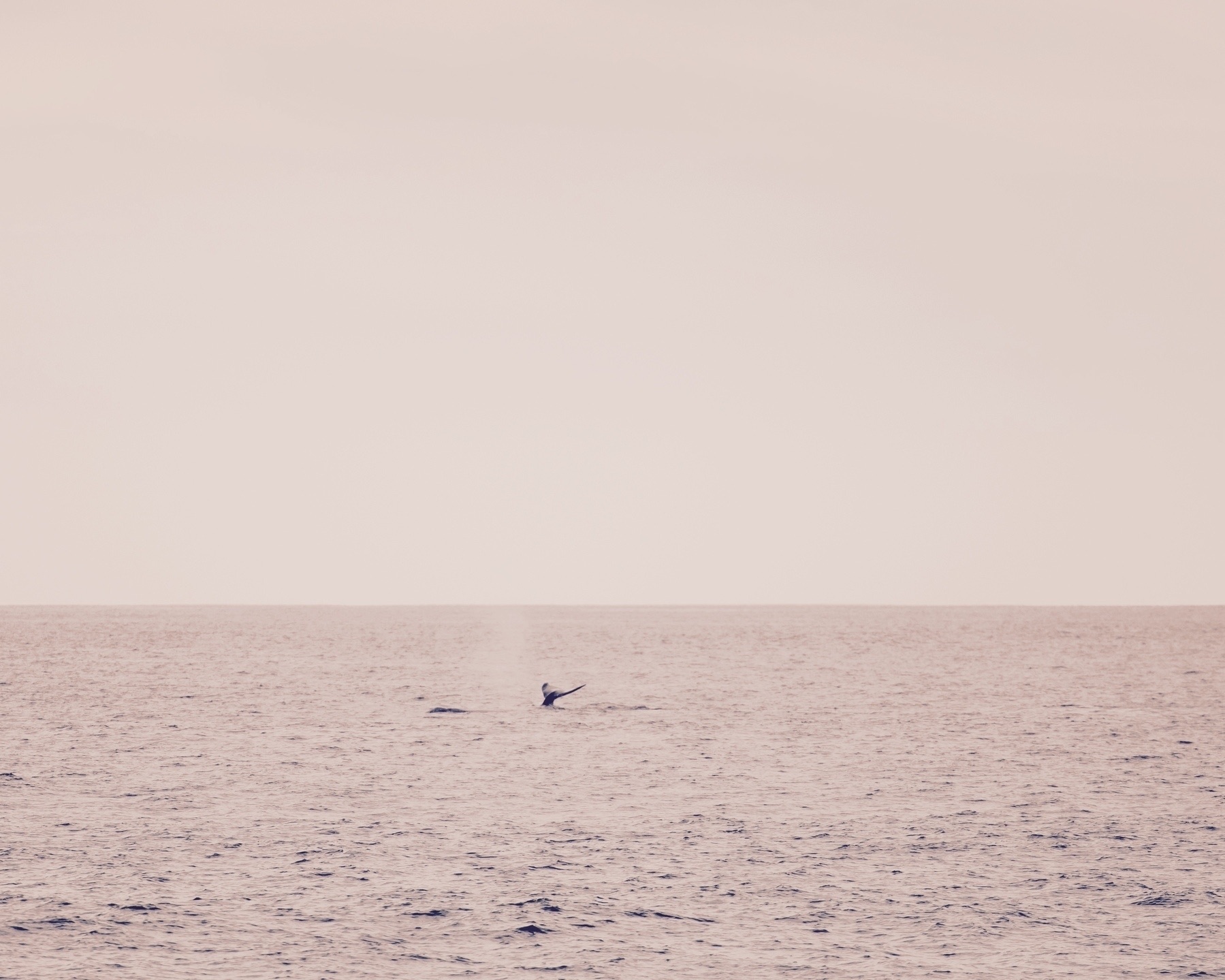
-
📷 Connection (#mbmar Micro Blog March photo challenge prompt suggested by @agilelisa)
The moment I connected with my minutes-old first child and daughter.

-
📷 Shiny (#mbmar Micro Blog March photo challenge prompt suggested by @odd)
The second percolator I’ve owned in Mexico. I forgot the first one was on the stove, on heat. Melted all the plastic components.

-
📷 Gimcrack (#mbmar Micro Blog March photo challenge prompt suggested by @jafish).
My local tyre shop here in Baja California Sur has real gimcrack vibes.
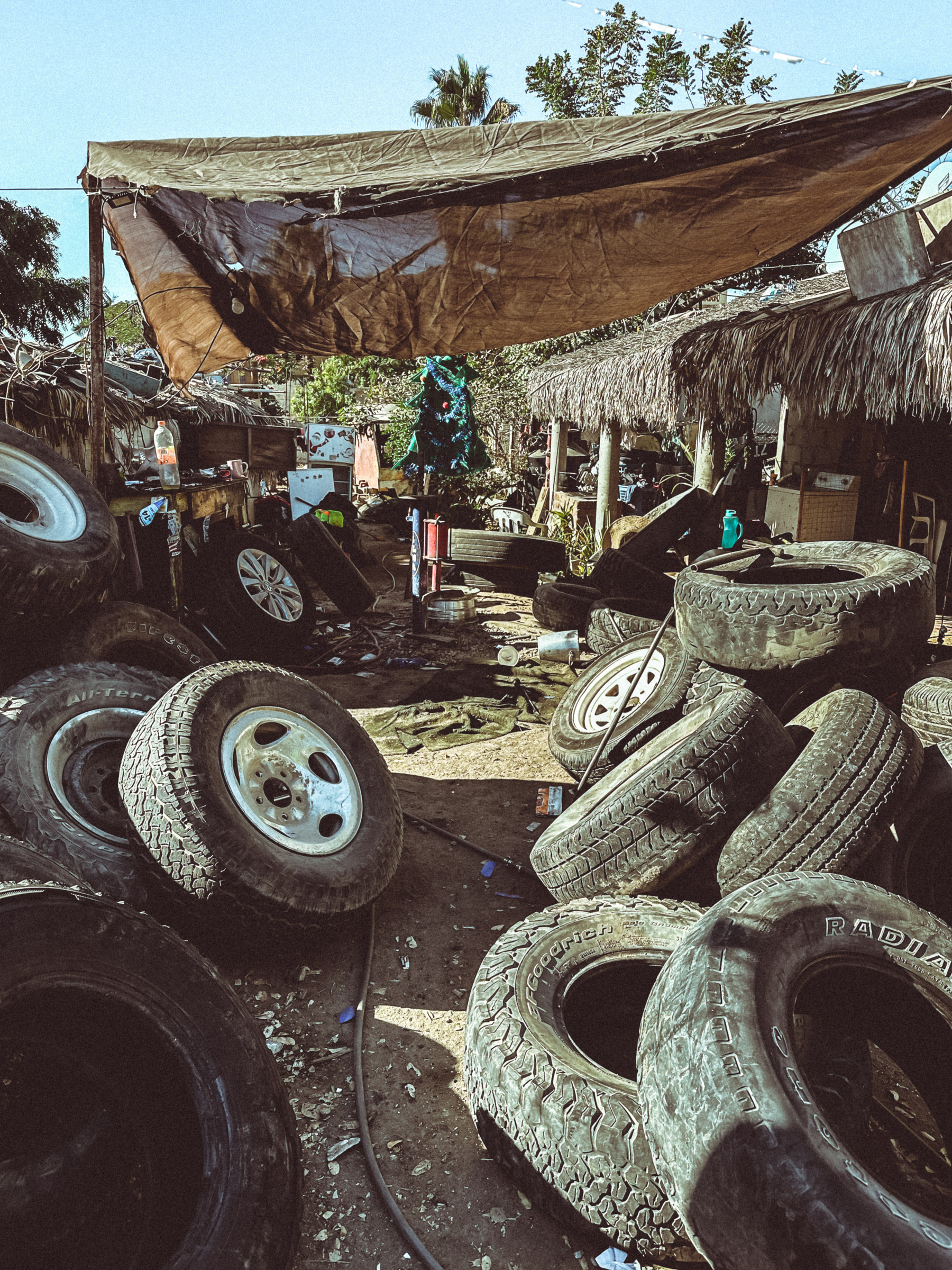
-
Friday afternoon in Pescadero, Baja California Sur



-
You're a Miracle by Mike McHargue is a book that zings around the inside of my brain all day every day:
You are a miracle because 86 billion neurons in your brain form into thousands of structures and networks, built from a map created over billions of years to understand the world you live in. But sometimes, you are a pain in your ass because all these networks are running a playbook that’s been around a lot longer than you have. The cells in your body have survived through the eons by eating every delicious calorie they come across, allowing fear to make them run, and using anger to make them fight for their lives.
-
March 10, 1976, the first and last time "Articulate speech was transmitted intelligibly" over a telephone. For the 147 years since inarticulate speech transmitted poorly has been the theme.
-
📷 Ritual (#mbmar Micro Blog March photo challenge prompt suggested by @drewbelf)
Our morning coffee. While we’re in El Pescadero, it’s from La Comuna Espresso Bar at Mini Super Munchies.

-
Keith Richards:
To me, the main thing about living on this planet is to know who the hell you are and be real about it. That's the reason I'm still alive.
-
📷 Together (#mbmar Micro Blog March photo challenge prompt suggested by @sherif)
Our little nomadic family, our most recent photo all together in Australia, in October last year.
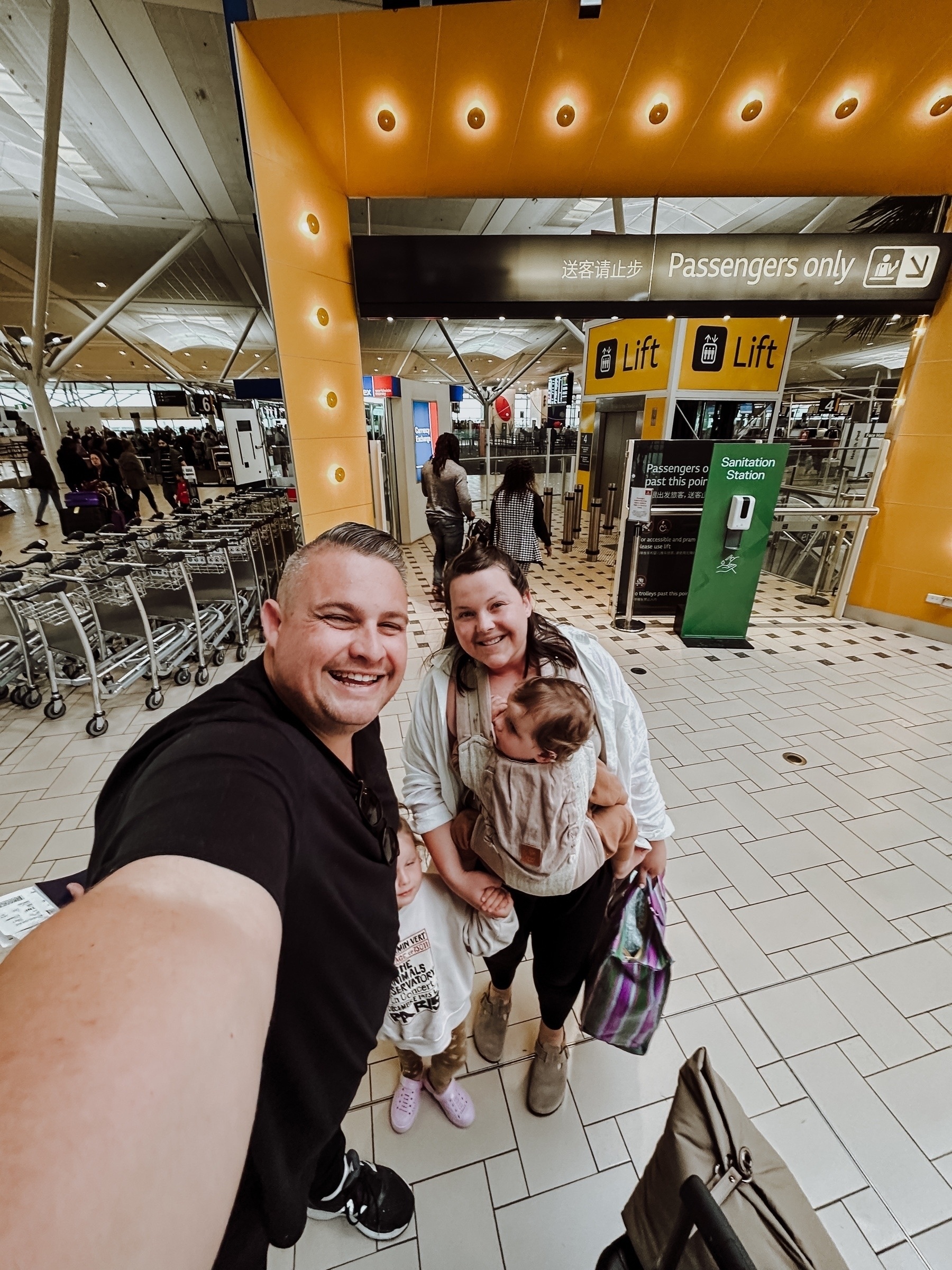
-
Charlie Warzel in The Atlantic writes on the vindication of Ask Jeeves:
Many years later, it seems I owe Jeeves an apology: He had the right idea all along.
For all the hype, when I stare at these new chatbots, I can’t help but see the faint reflection of my former besuited internet manservant. In a sense, Bing and Bard are finishing what Ask Jeeves started.
-
📷 Early morning beach walks with my three girls (#mbmar Micro Blog March photo challenge prompt 'walk' suggested by @lwdupont)
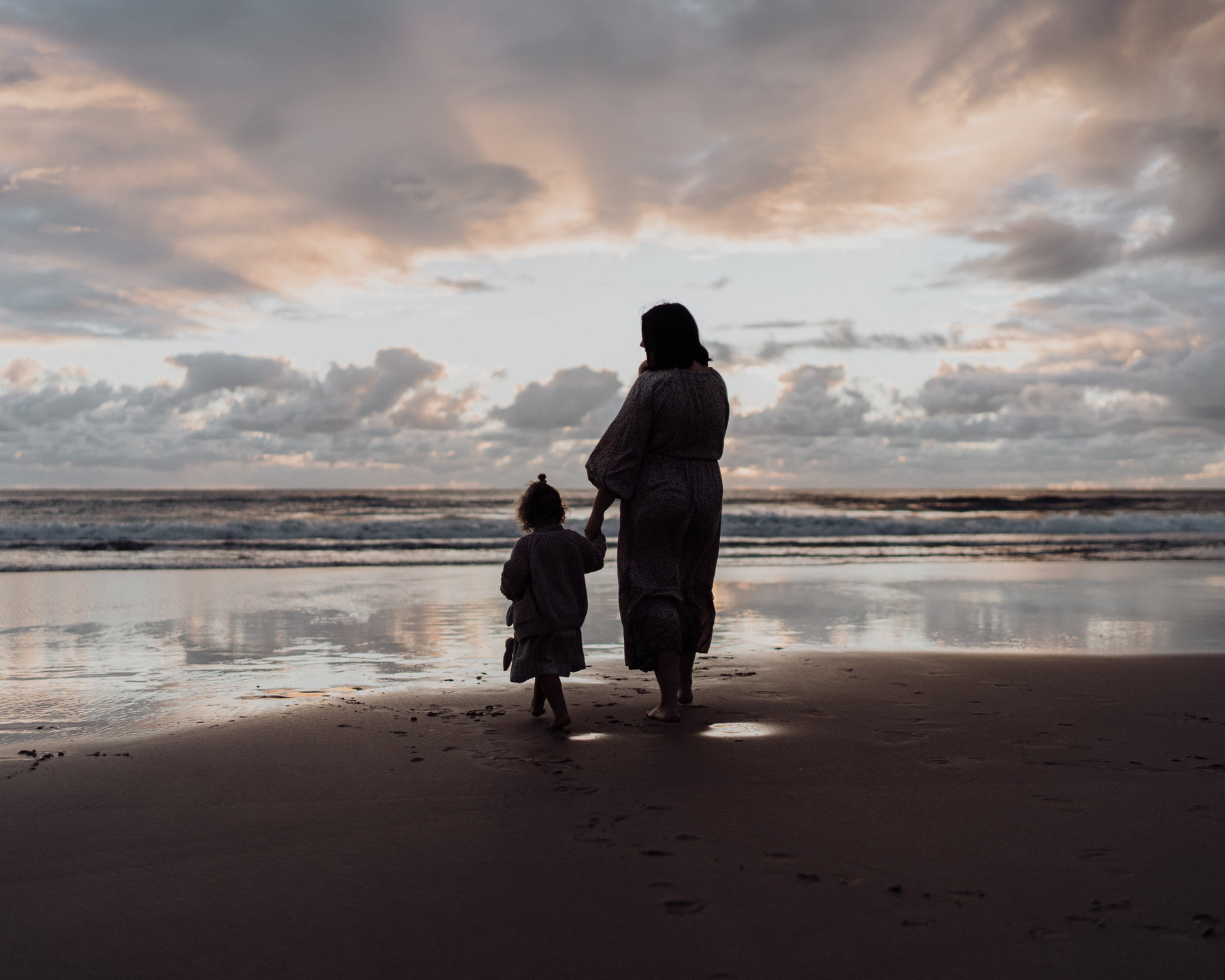
-
When dating apps match you up and ChatGPT writes your wedding vows, it's like you're part of a high-tech breeding program for computers. We're like surrogate parents for algorithms, helping to create the next generation of AI love stories.
-
Ten whale soup off Todos Santos yesterday 🐋📷🚁
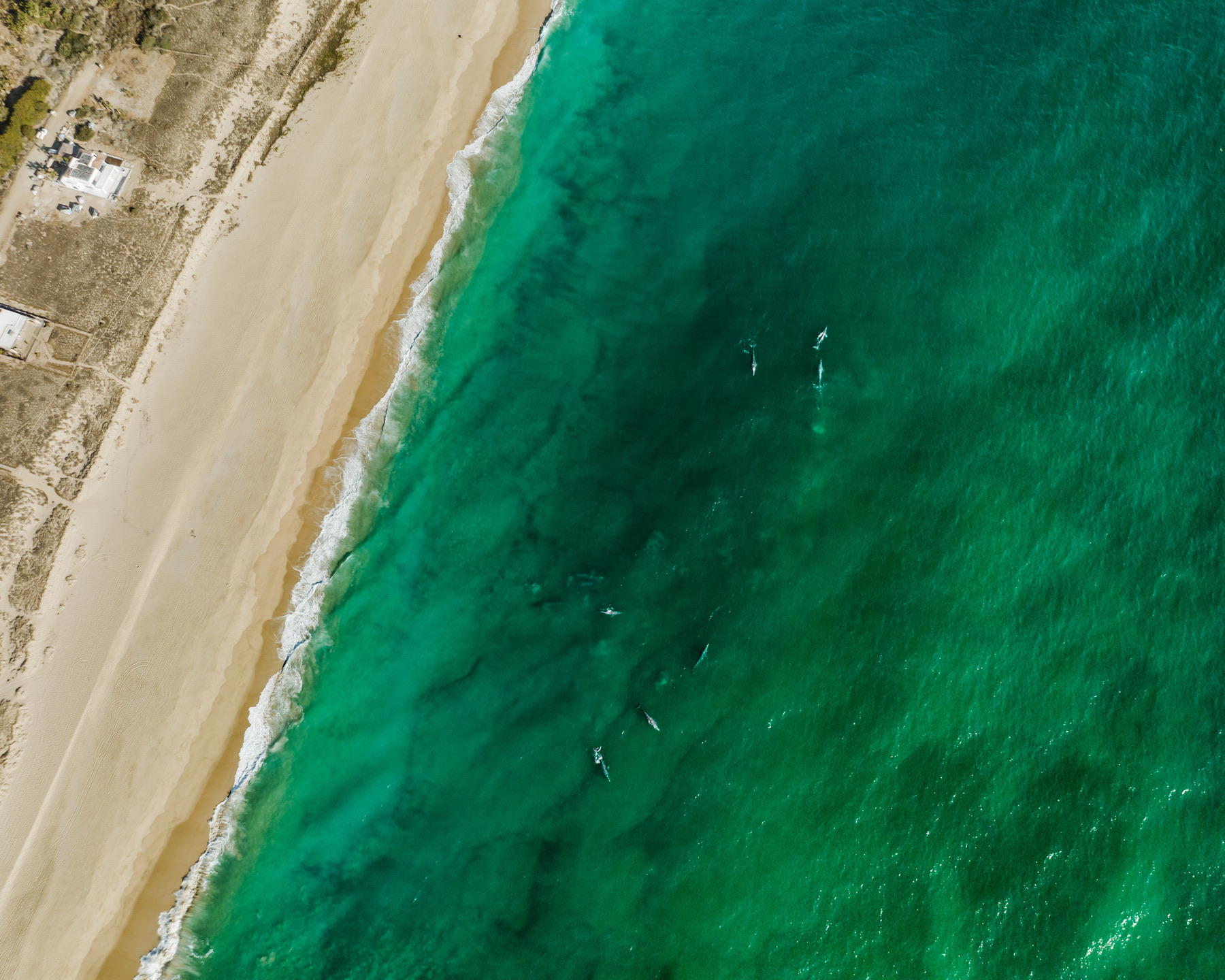
-
Just a wee little note that imma be on NBC News tonight from 8pm NY time talking about weddings with Gadi Schwartz in case you hadn’t heard enough from me lately
-
Ed Catmull:
We are meaning-making creatures who read other people’s subtle clues just as they read ours.
-
Jeff Hammerbacher, an early Facebook engineer:
The best minds of my generation are thinking about how to make people click ads.
-
Number three surprised me: The Best Nikon Camera For Wedding Photography In 2023.
-
From On Writing: A Memoir of the Craft by Stephen King 📚
"Put your desk in the corner, and every time you sit down there to write, remind yourself why it isn’t in the middle of the room. Life isn’t a support-system for art. It’s the other way around."
-
📷 Whole (#mbmar Micro Blog March photo challenge prompt suggested by @val)
A whole lot of whale as I saw it from my aerial camera yesterday.
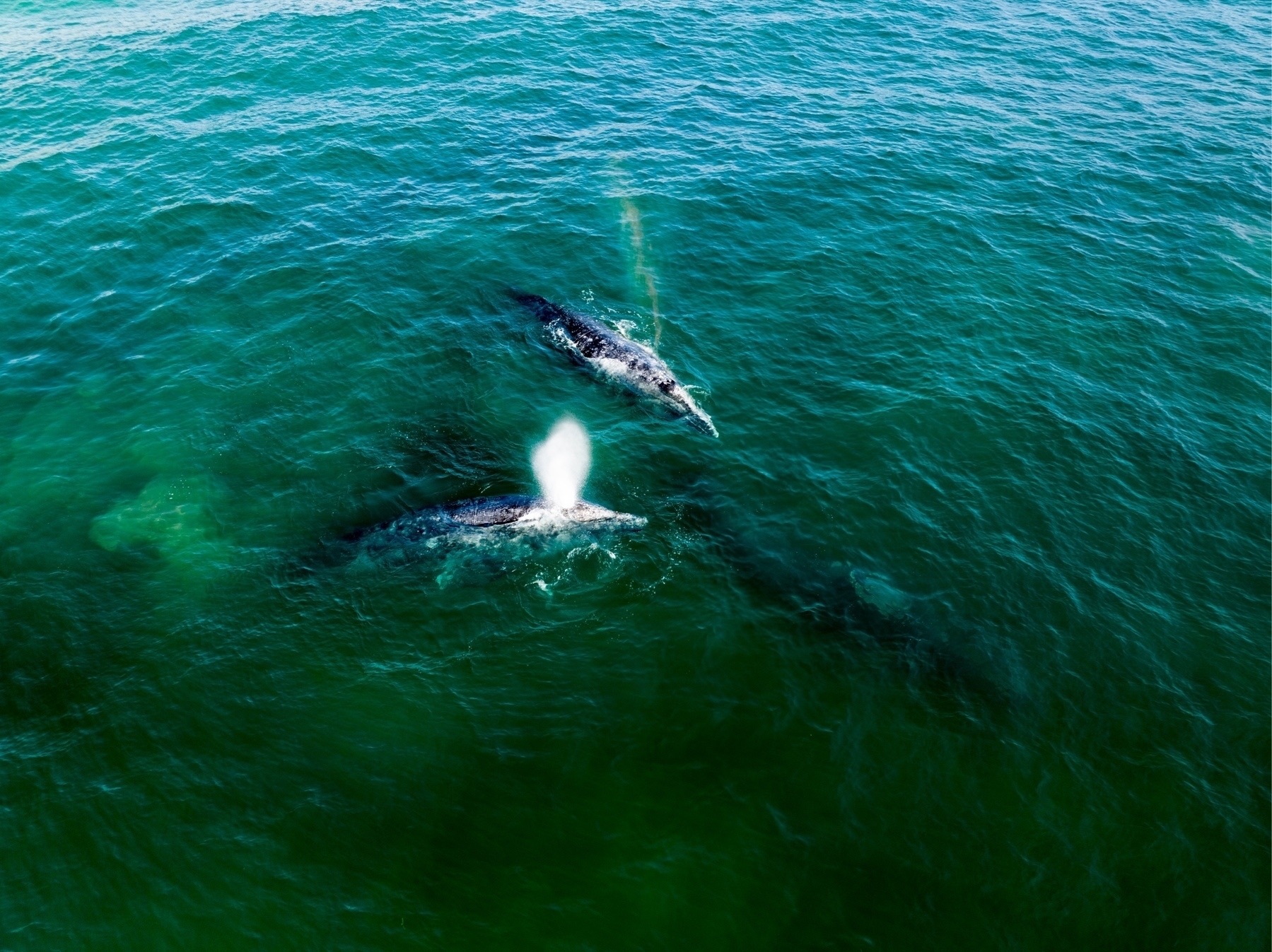
-
Well, that’s a wrap on another day of pretending like I know what’s happening.
-
Because I couldn't get my head clear to write this morning I worked on a cover for the book instead.
If you'd walk past this in a shop and stop, like this.
Would you buy it? Let me know why.

-
📷 Engineering (#mbmar Micro Blog March photo challenge prompt suggested by @ridwan)
These are my DJI microphones, and as a travelling nerd I really appreciate how they've been engineered, all to stay within the little charging case.
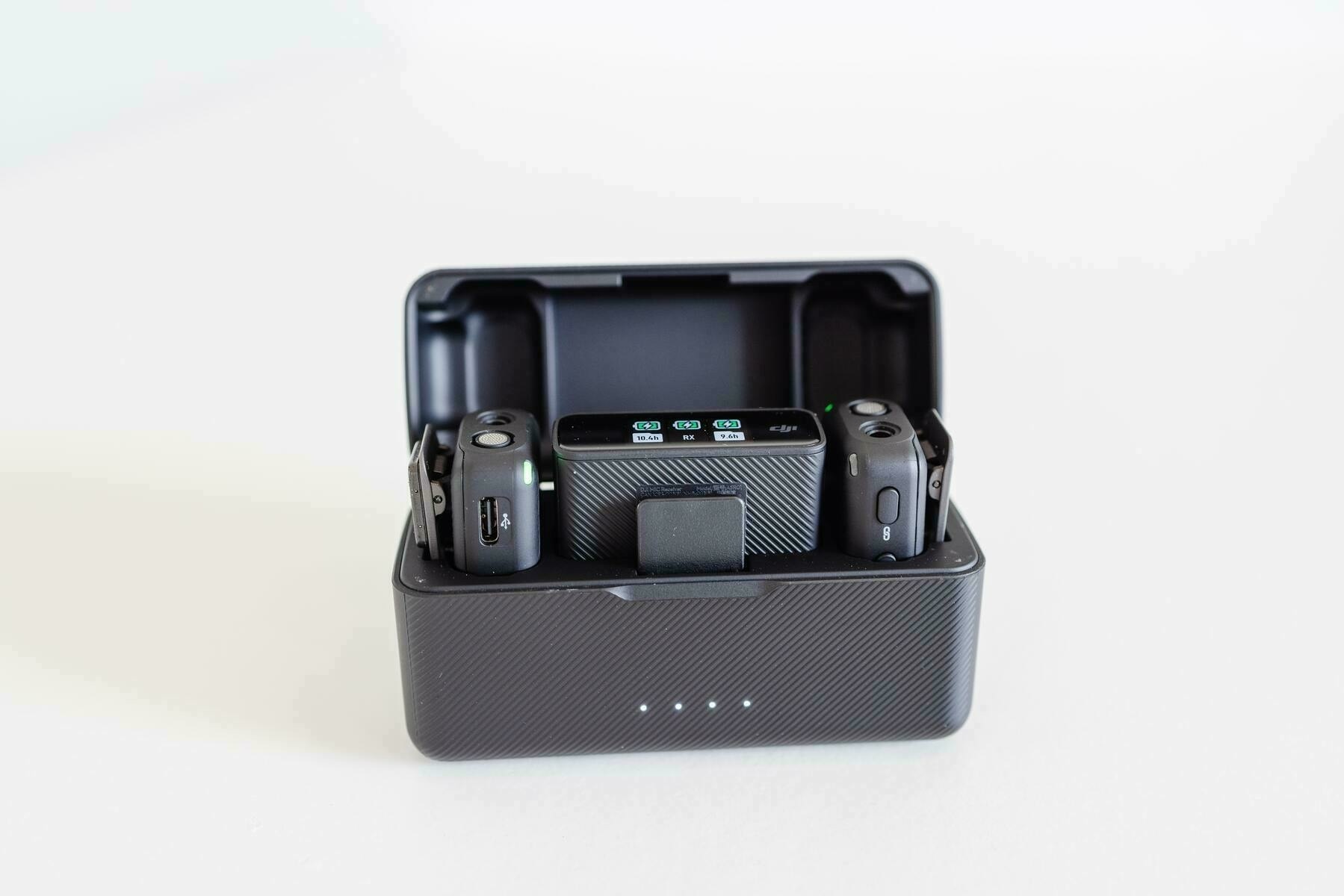
-
📷 Tile (#mbmar Micro Blog March photo challenge prompt suggested by @thedimpulse)
Luna, nine months old, taking a breather on the floor of a Tuscan church.

-
📷 Tile (#mbmar Micro Blog March photo challenge prompt suggested by @thedimpulse)
Photo made outside a small Italian restaurant in Brisbane.
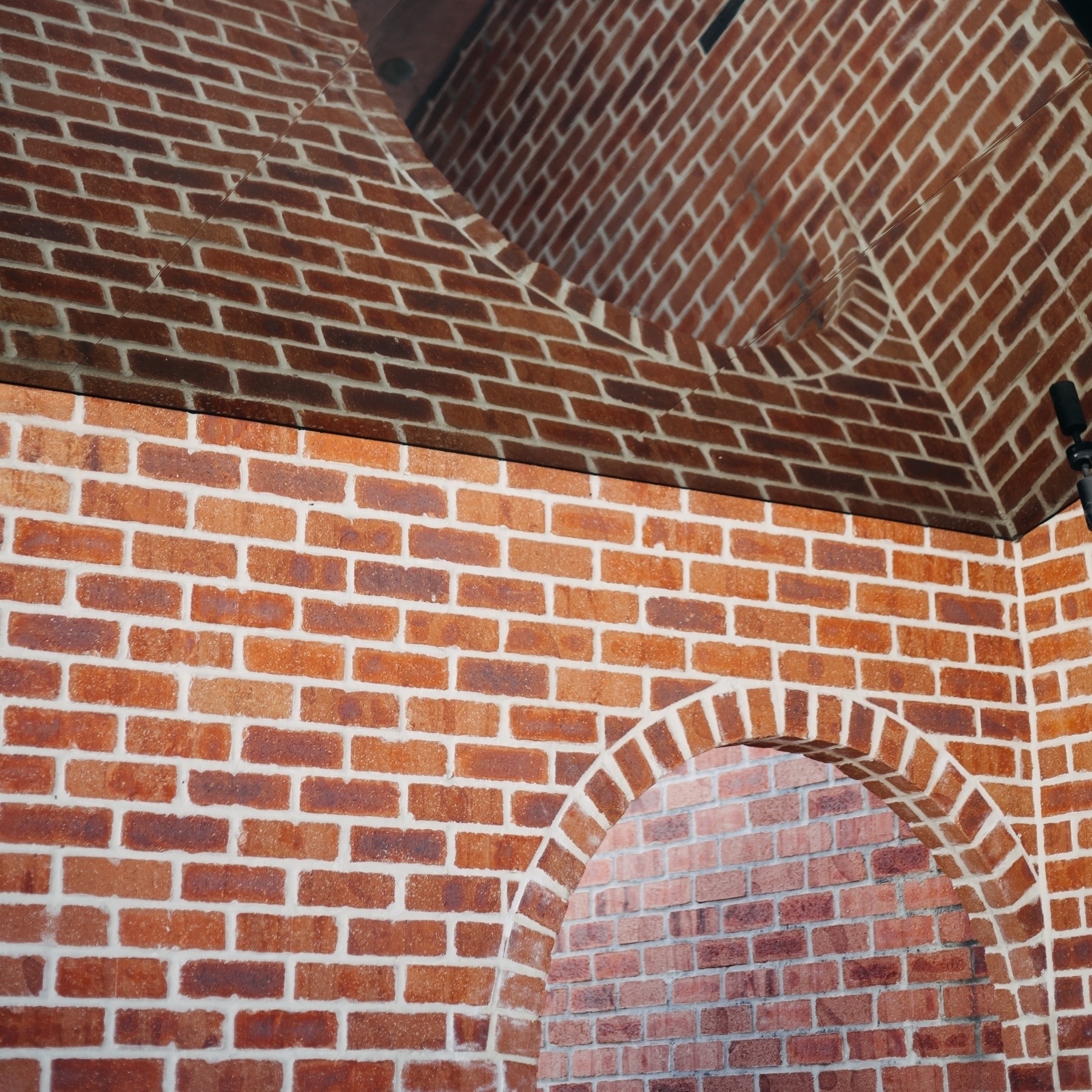
-
Talking to a lovely old Mexican bloke in Cabo San Lucas and he asks where we live, I say Pescadero.
He says, ‘I love Pescadero because it looks like a Mexican fishing village but it’s full of white people!’
So apparently my whiteness is like some kind of gravitational force.
-
📷 Zip (#mbmar Micro Blog March photo challenge prompt suggested by @miraz)
zip /zip/
verb
-
fasten with a zipper.
-
move at high speed.

-
-
Local Baja news includes the taco price index
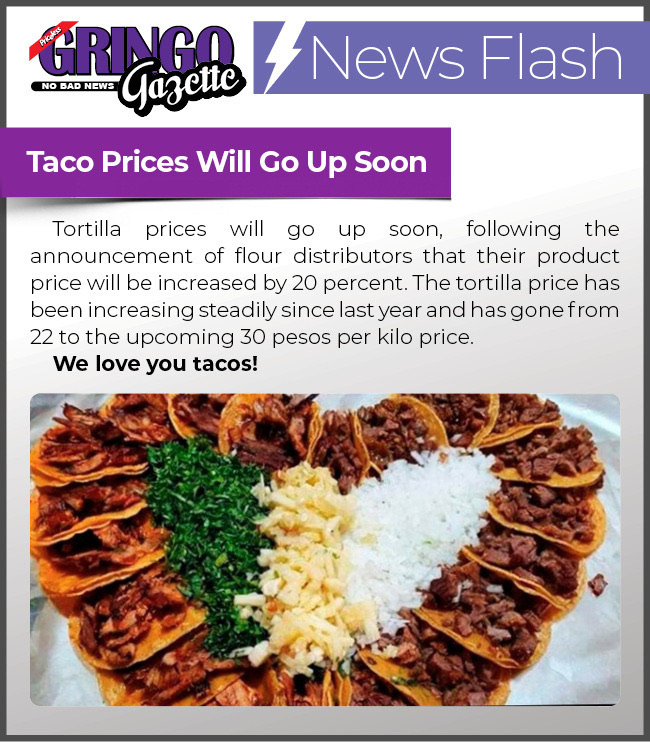
-
If you look closely you'll find yours truly's name mentioned in the New York daily rag today.
-
U.S. petrochemicals giant Dow Inc and the Singapore government said they were transforming old sneakers into playgrounds and running tracks. Reuters put that planted AirTags inside 11 pairs of donated shoes and found them at Indonesian flea markets instead.
-
📷 Solitude (#mbmar Micro Blog March photo challenge prompt suggested by @circustiger)
I made this photo in Yosemite National Park.
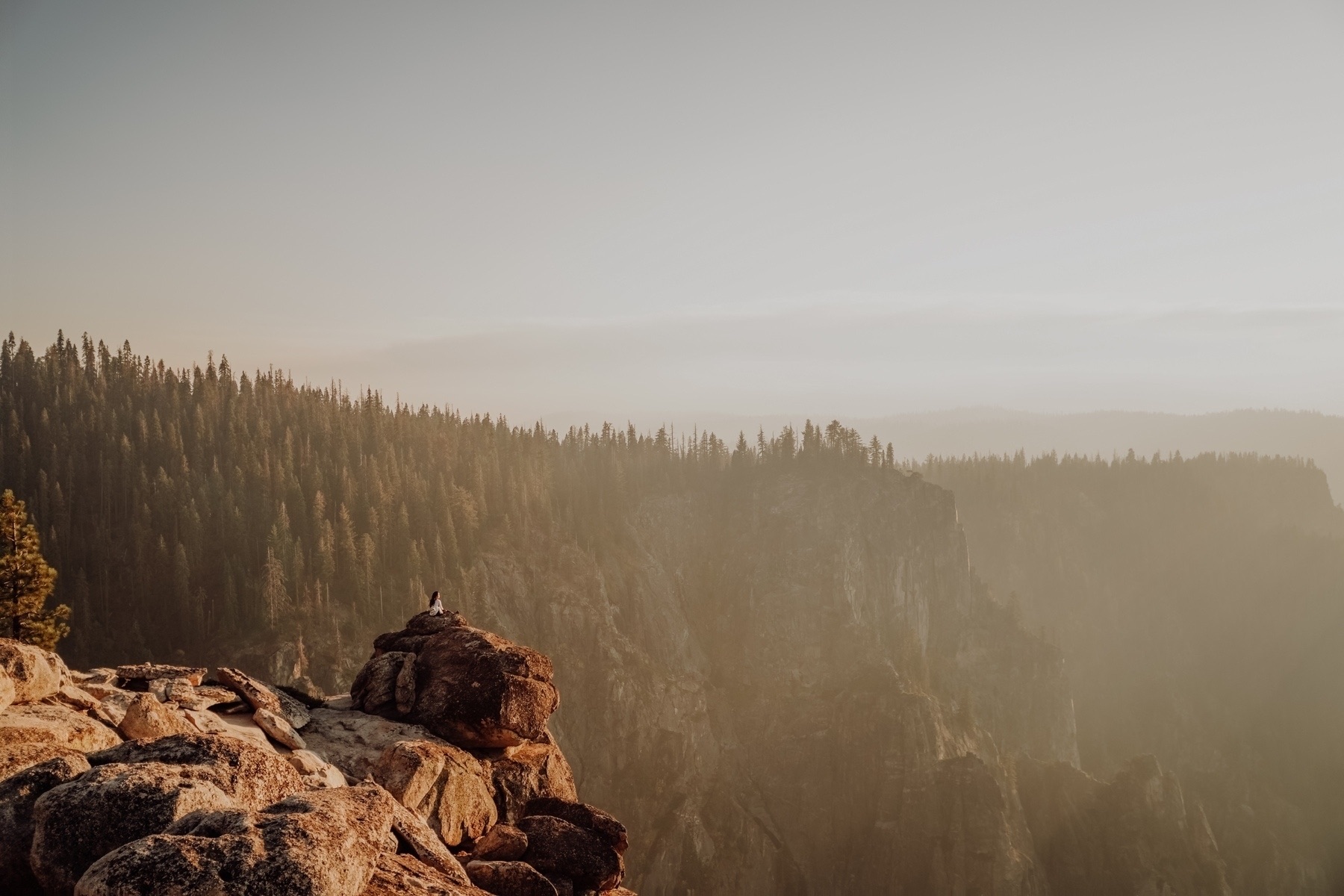
-
The most interesting (to me) new app/social net-ugh-something-work is Artifact. It’s from the guys who created Instagram but it’s like a ‘TikTok for articles/blog posts/news.
I personally would much prefer to read than watch a video, so this is my kind of network.



-
I fell victim to a phishing scam yesterday and man, I haven't felt shame like that in a while. Here's what happened, and how you could avoid it if you weren't an idiot like me.
-
Anthony Bourdain in 1999 before he was that chef guy everyone knew, writing 'Don't Eat Before Reading This' in the New Yorker:
"Good food, good eating, is all about blood and organs, cruelty and decay. It’s about sodium-loaded pork fat, stinky triple-cream cheeses, the tender thymus glands and distended livers of young animals."
-
I don't wish to cause the editors at Atlas Obscura any stress, but why is this not titled 'The God's Must Be Thirsty (for Red Fanta)'
-
Islands, they’re always in the last place you look.
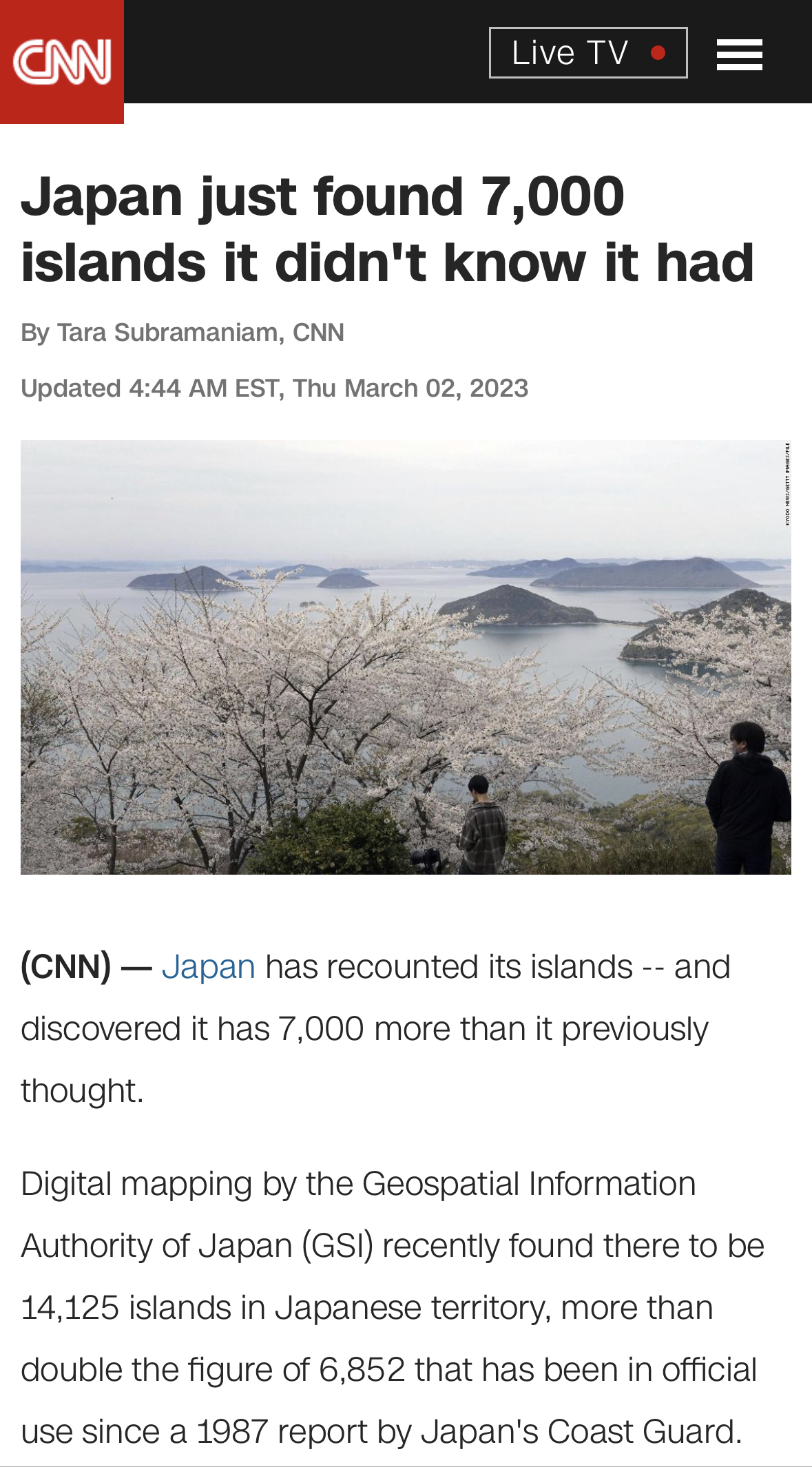
-
Celebrating Wayne Shorter (1933-2023) with his 2018 open letter co-authored with Herbie Hancock:
"We are all pieces in a giant, fluid puzzle, where the smallest of actions by one puzzle piece profoundly affects each of the others. You matter, your actions matter, your art matters."
-
📷 Weather (#mbmar Micro Blog March photo challenge prompt suggested by @pcora)
Photo made in Newport Beach looking at Catalina on Saturday just passed.
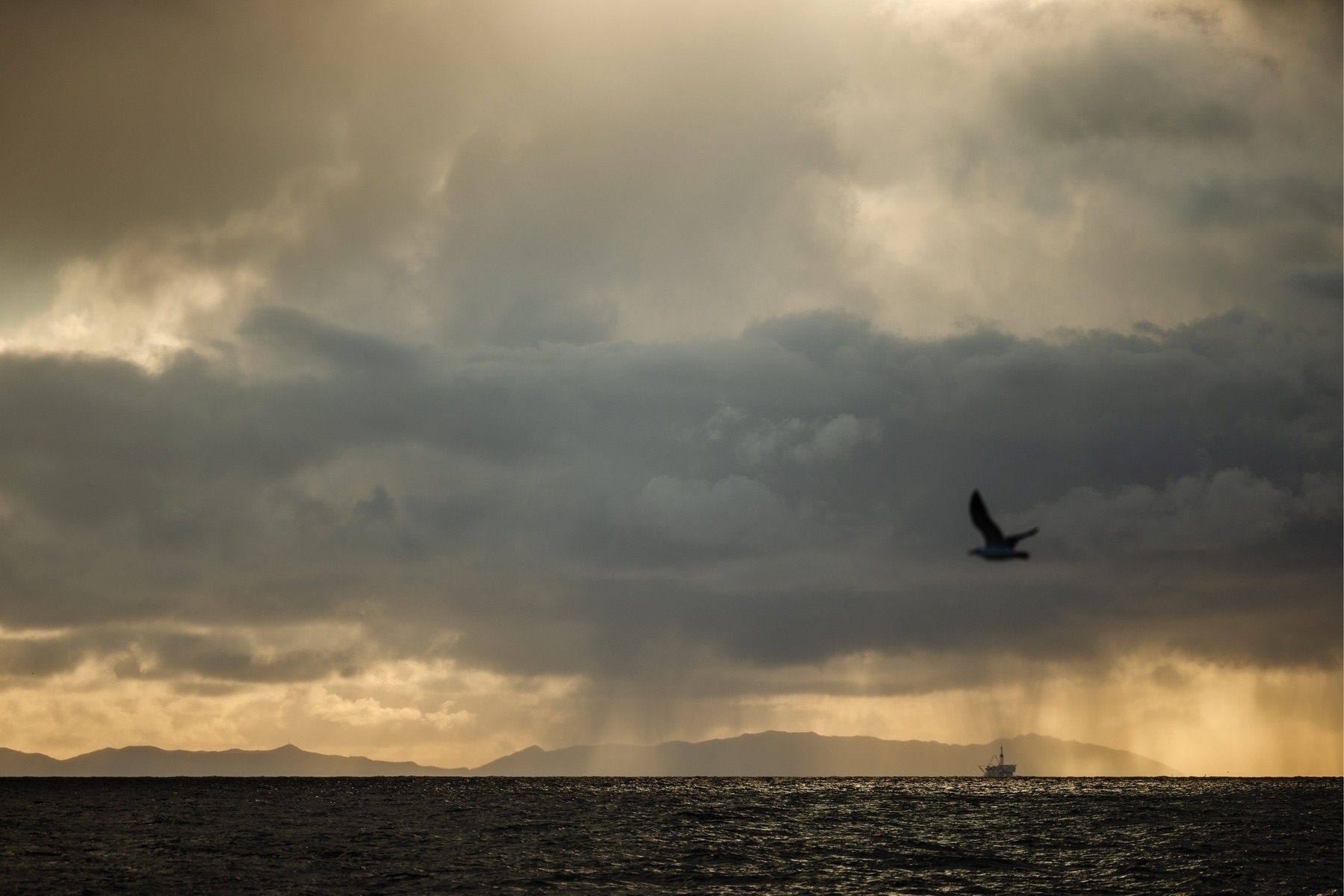
-
📷 Secure (#mbmar Micro Blog March photo challenge prompt suggested by @mandaris)
